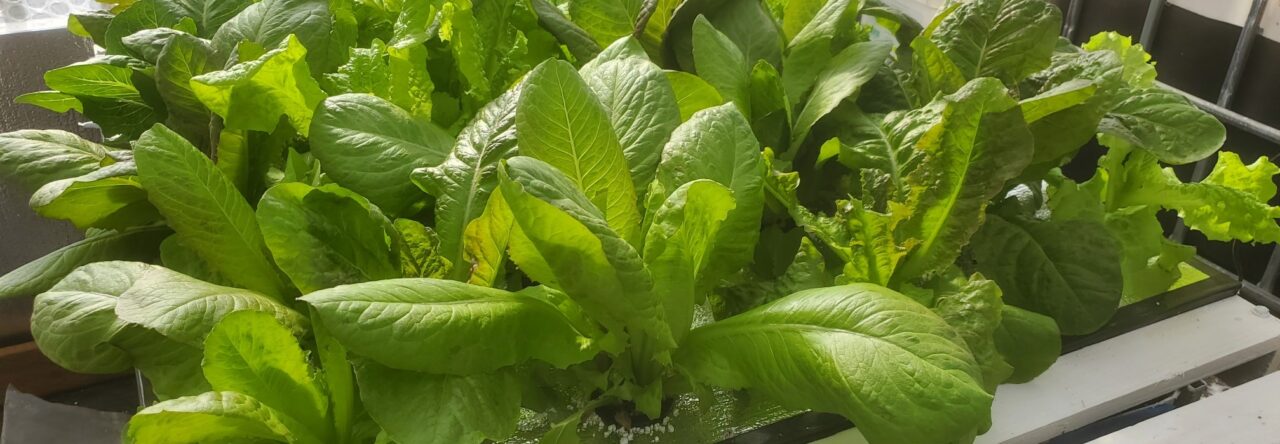Hydroponics is a method of growing plants like spinach without soil. Instead of soil, hydroponic systems use nutrient-rich water solutions to provide the necessary nutrients to the plants. There are many advantages to growing spinach hydroponically, including faster growth rates, higher yields, and reduced water usage. Spinach is a particularly good plant to grow using hydroponics for several reasons.

How long does spinach take to grow hydroponically?
First, spinach has a relatively short growth cycle, which makes it an ideal crop for hydroponic systems. Spinach can be harvested as early as 30 days after planting, which means that hydroponic growers can turn over crops quickly and continuously throughout the year. This allows for a more consistent supply of fresh spinach, which is a valuable commodity for grocery stores and restaurants.

Does spinach grow well hydroponically?
Second, spinach is a leafy green vegetable, which means that it has a relatively small root system compared to other crops. This makes it well-suited for hydroponic systems, which typically use smaller containers and less growing media than traditional soil-based systems. The smaller root system also makes it easier to maintain nutrient levels in the water, as there is less competition for resources.
Third, spinach is a heavy feeder, which means that it requires a lot of nutrients to grow. Hydroponic systems are able to provide these nutrients in a more efficient and precise manner than soil-based systems. In a hydroponic system, the nutrient solution is delivered directly to the roots of the plants, which allows for more rapid uptake of nutrients. This can result in faster growth rates and higher yields.

How do you grow spinach in hydroponic water?
Fourth, hydroponic systems offer better control over growing conditions, which can be particularly important for spinach. Spinach grows best in cool temperatures and can be difficult to grow in hot, dry conditions. Hydroponic growers can control the temperature, humidity, and light levels in their systems to provide optimal growing conditions for spinach. They can also control the nutrient levels in the water to ensure that the plants have everything they need to thrive.

Fifth, hydroponic systems are more efficient in their use of water than traditional soil-based systems. In a hydroponic system, water is recirculated through the system, which means that less water is needed overall. This is particularly important in areas with limited water resources, where hydroponic systems can help to conserve water while still producing high yields of fresh produce.
In conclusion, spinach is an ideal crop for hydroponic systems for several reasons. Its short growth cycle, small root system, heavy nutrient requirements, and need for precise growing conditions make it well-suited for hydroponic production. Hydroponic systems also offer the advantage of being more water-efficient than traditional soil-based systems, which is particularly important in areas with limited water resources. Overall, hydroponic production of spinach is a promising approach to meeting the growing demand for fresh, healthy produce.

Leave a Reply